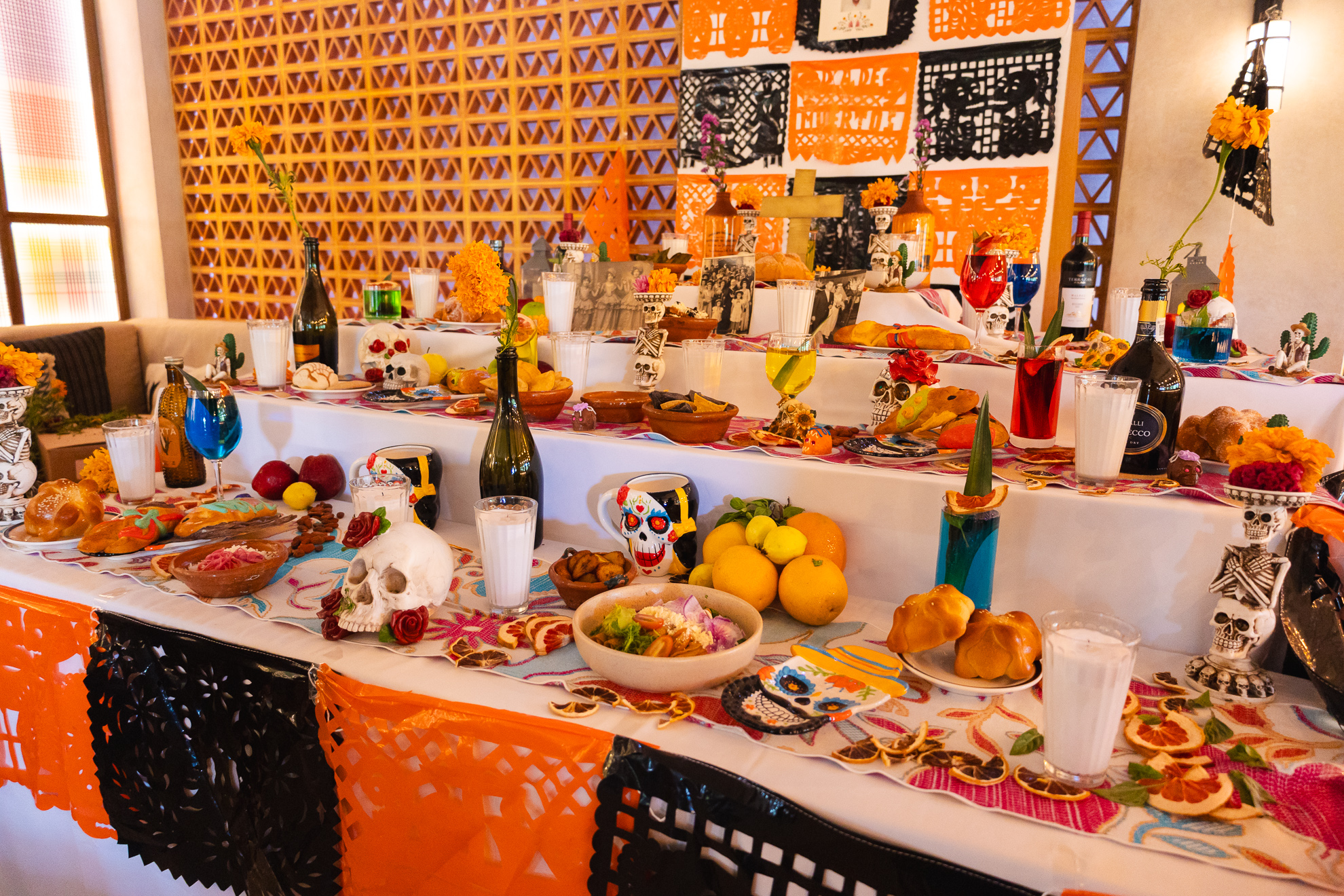Mayakoba Stories
Cultural events, exclusive destination experiences, and inspiring vacation stories. Browse our blog to discover helpful insights and useful travel tips to make the most of your visit to the Riviera Maya.

Cultural events, exclusive destination experiences, and inspiring vacation stories. Browse our blog to discover helpful insights and useful travel tips to make the most of your visit to the Riviera Maya.
